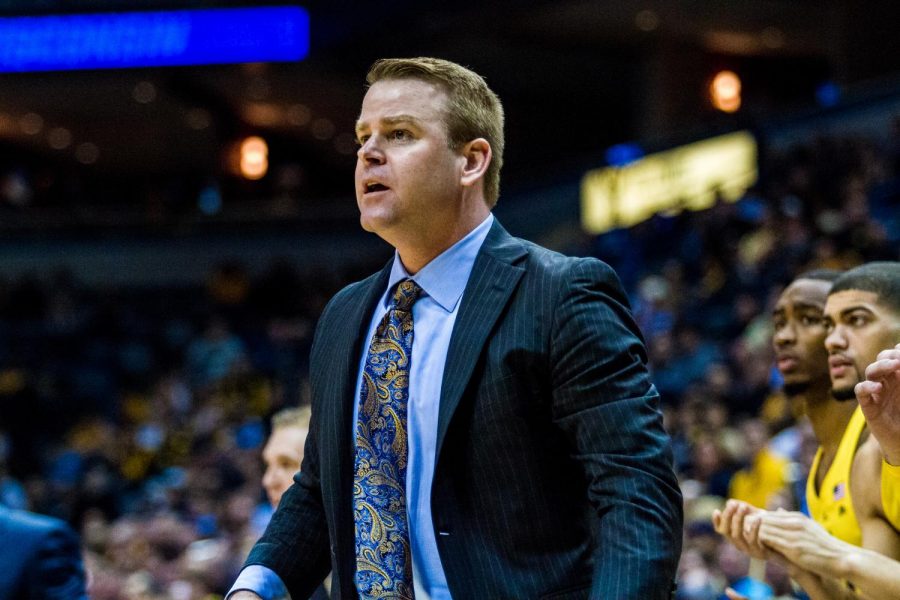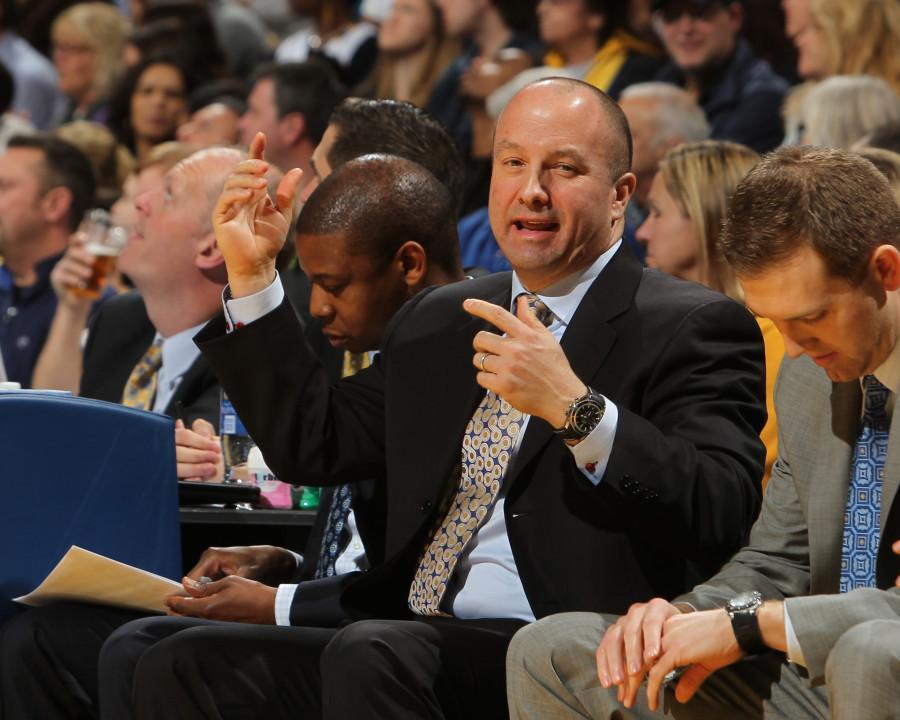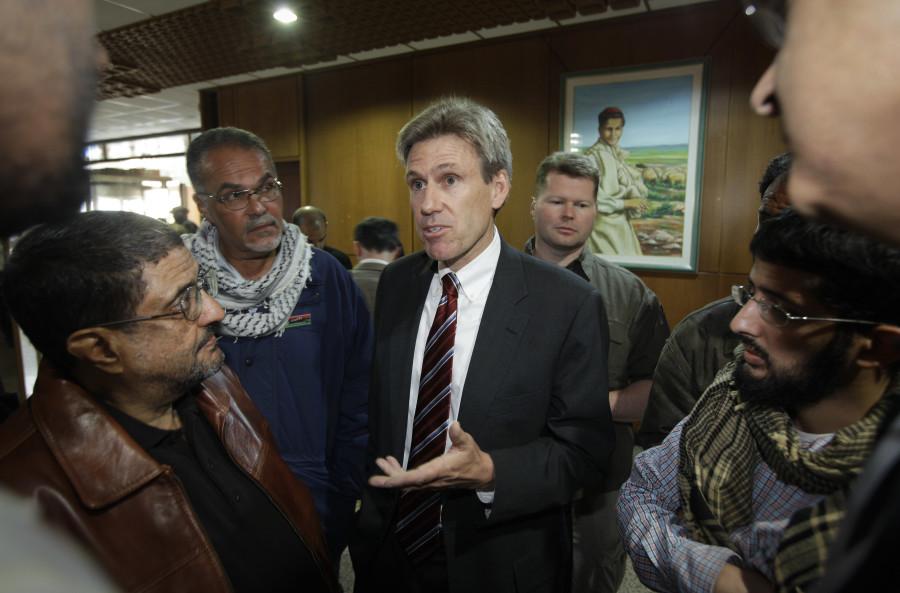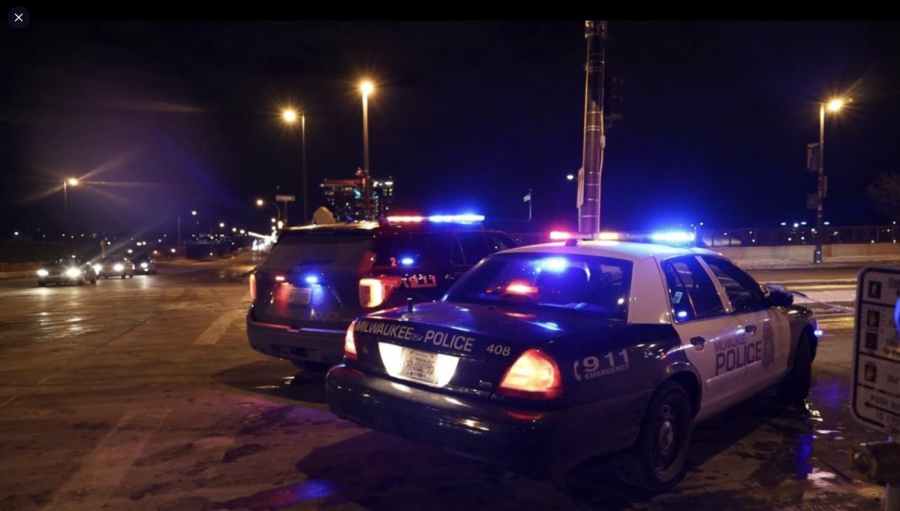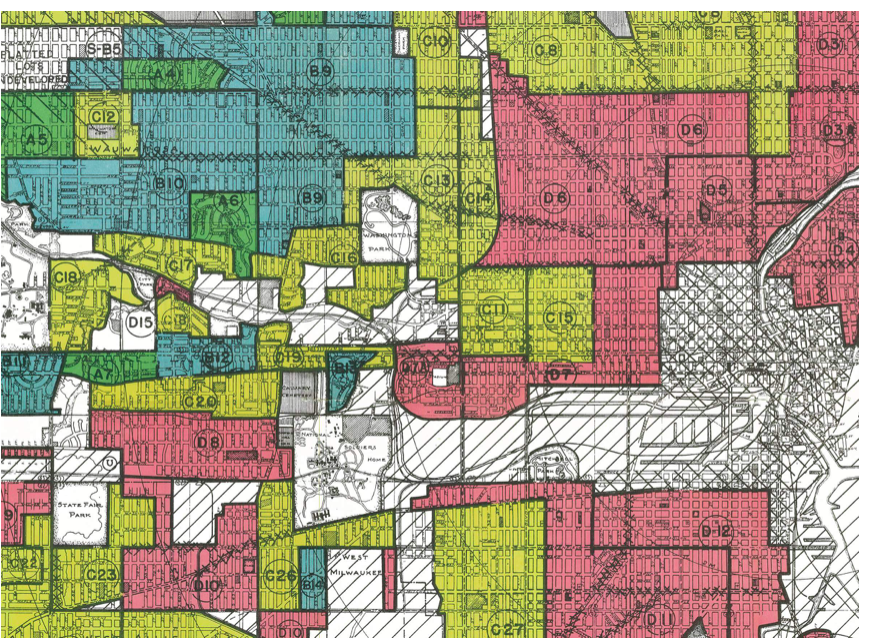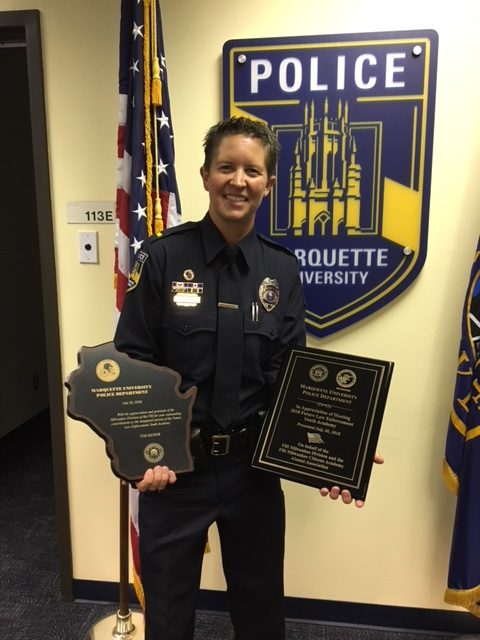The Jan. 8 shooting in Tucson, Ariz., that severely wounded a U.S. congresswoman and killed six, including a U.S. federal judge and a 9-year-old girl, sent the country into shock. Now, the tone is shifting from shock to recovery.
U.S. Rep. Gabrielle Giffords (D-Ariz.) suffered a near fatal gunshot wound, while Judge John Roll and one of Giffords’ aides, Gabe Zimmerman, were killed. Jared Lee Loughner, 22, is the shooting suspect accused of opening fire at a Safeway grocery store in Tucson.
Signs of improvement in Giffords’ recovery are evident. At last Wednesday’s “Together We Thrive: Tucson & America” memorial service, President Barack Obama revealed that Giffords opened her eyes for the first time since the shooting. On Sunday, her condition was upgraded from critical to serious, the University Medical Center in Tucson announced.
“She knows we are here, she knows we love her, she knows we are rooting for her through a difficult journey,” Obama said off-script during his address to more than 13,000 at the University of Arizona’s McKale Center.
One such case of a president addressing the nation after a national crisis was when former President George W. Bush spoke after the Sept. 11, 2001 attacks on the World Trade Center.
Obama used that date as a point of reference, shifting his figure from president to father as he spoke of the innocence embodied by Christina Taylor Green. Green, the child killed in the shootings, was born that day.
“Only a more honest and civil public discourse can help our nation live up to what would make them proud,” Obama said. “I want to live up to her expectations – I want America to be as good as she imagined it.”
Although Obama eulogized the six lost and attempted to create a more civil discourse in the wake of the shooting, the tone of the address itself was somewhat controversial. The memorial service was often interrupted by applause, loud cheers, or whistles.
“I felt like some of the cheers and whistles in the first half of the speech were weird,” said Joseph Del Giorno, a University of Arizona senior. “But after he said Gabby opened her eyes and when he honored the heroes, it became more of a rally, which was cool.”
Jim Kane, a senior at Arizona State University, added that although the president gave an excellent speech, the tone was inappropriate and should have been more somber.
David Gergen, a CNN senior political analyst and former presidential adviser to the Nixon, Ford, Reagan and Clinton administrations, said the noise was “jarring” for traditionalists, but the last message was a plea for unity in discourse.
“What he said at the end of the speech was trying to be transcendent, to create a more civil society, discourse,” Gergen said on air. “That clearly resonated with the audience, and I hope with the rest of the country.”
In some respects, the university and state needed an uplifting message after the horrors witnessed at the grocery store. Ryan Miller, a University of Arizona senior, attended the service and said it evolved in that direction.
“It was super emotional,” Miller said. “It felt good to honor the people – the doctors and the people who took down the gunman. When their names were mentioned, the place erupted, and rightfully so. The human spirit seemed to be showing through from the support.”


